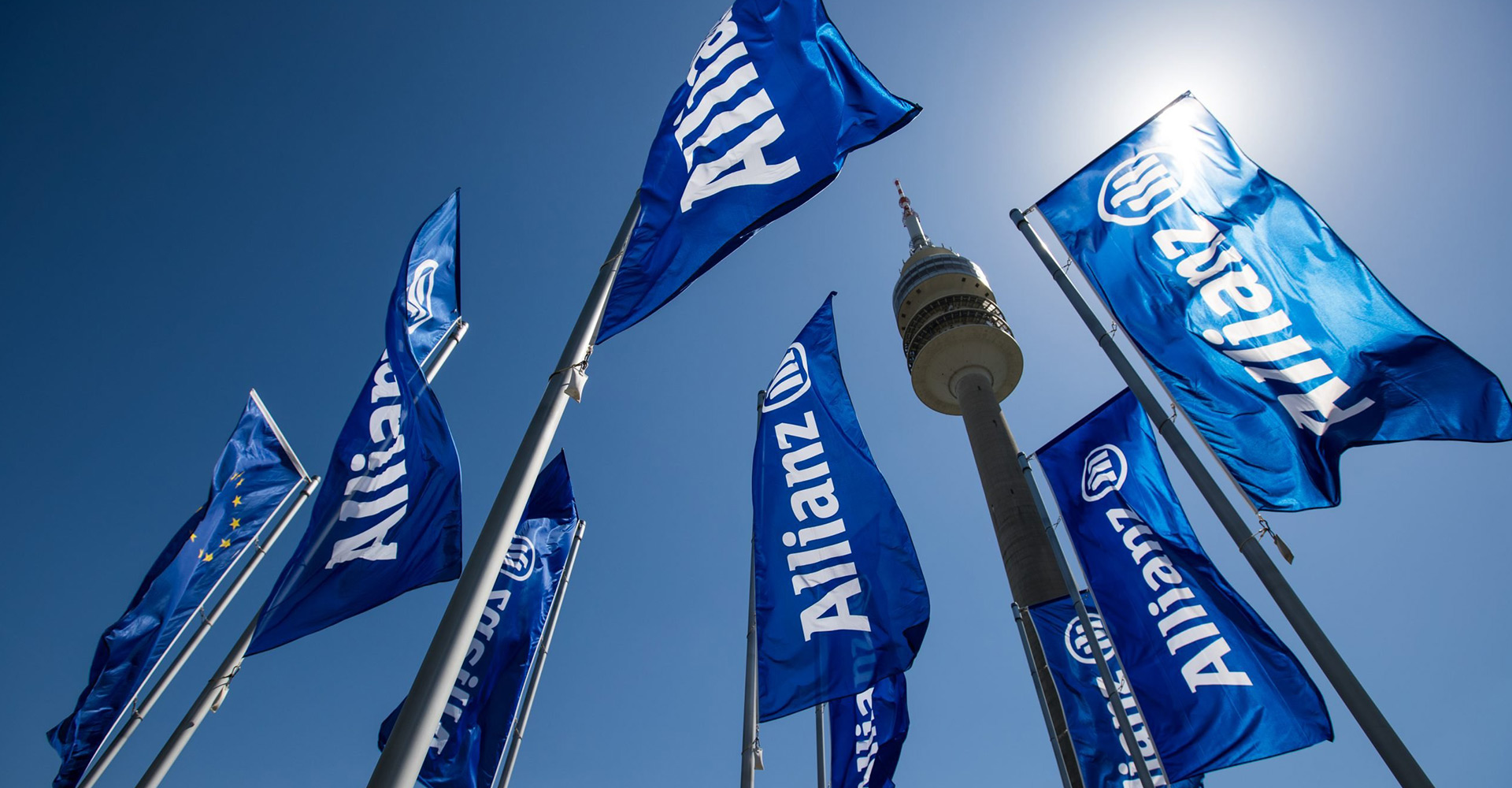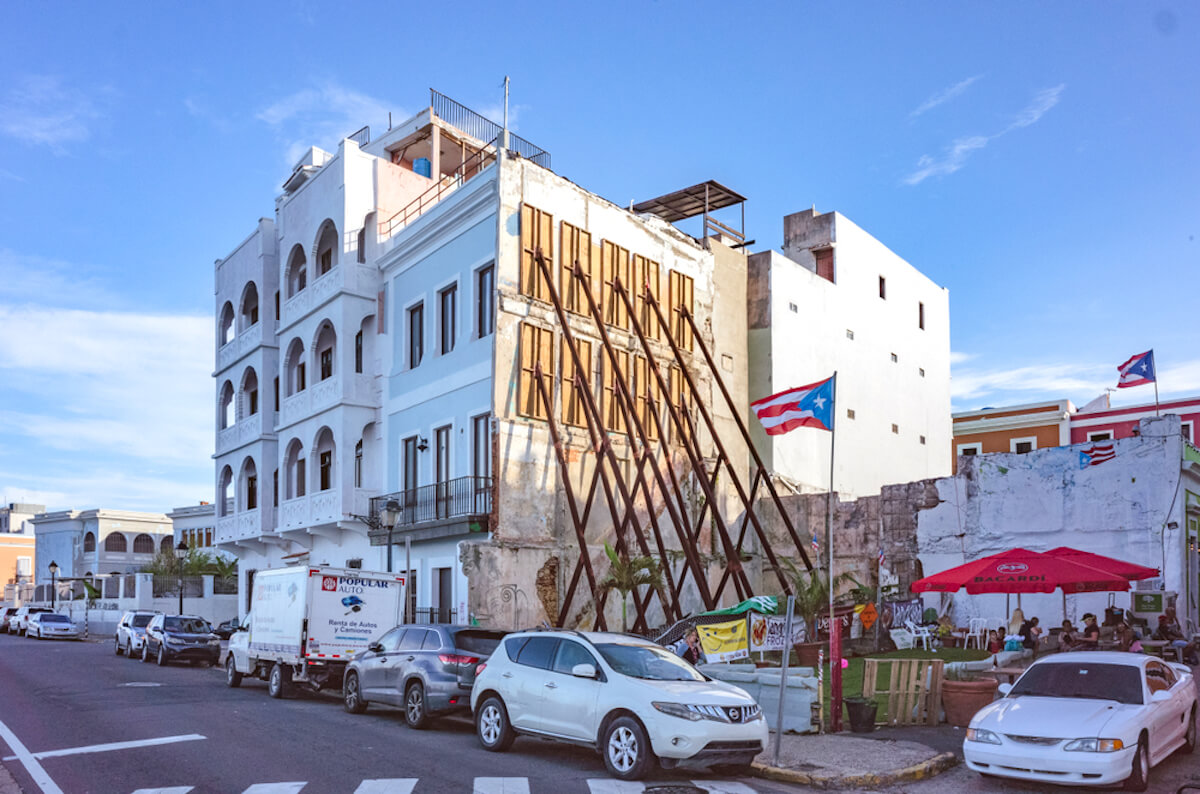A novel financing mechanism has stacked a small guarantee and a larger first-loss reserve to raise $1 billion from the German insurance giant Allianz and Swedish bank Skandia and expand financing for small and growing businesses, resilient agriculture and climate solutions in emerging markets.
The new SDG Loan Fund, one of the largest “blended finance” funds to date, could serve as a model for efforts to put private capital to work in meeting Sustainable Development Goals such as inclusive economic growth and reduced income inequality.
“It has proven very difficult to create the vehicles that work for that mobilization,” said Debra Schwartz of the MacArthur Foundation, who worked with Allianz and the Dutch development finance institution FMO to structure the fund. “So this one was created to show it could be done, and it could be done at scale” (disclosure: MacArthur Foundation leads the Catalytic Capital Consortium, which supports ImpactAlpha’s coverage of catalytic capital).
Facing a 2030 deadline, meeting the ambitious Sustainable Development Goals is increasingly beyond the reach of public funding or philanthropy. The SDGs faced an estimated investment shortfall of nearly $4 trillion in 2020; the Covid pandemic increased that gap by more than 50% by 2022.
The SDG Loan Fund will make up to 120 loans for agribusiness, including agro-processing trading and production; financial institutions, including microfinance; and renewable energy, including solar, wind and small-scale hydroelectric power across more than 80 frontier and emerging markets in Africa, Asia, Eastern Europe and Latin America.
“The capital pooled together through this blended finance structure is a demonstration that a shared vision to address the SDGs can result in finding solutions for very different types of investors,” FMO Investment Management’s Nic Wessemius said in a statement.
Risk mitigation
The multi-layered fund took more than three years to pull together. Munich-based Allianz, which manages more than €516 million ($568 million) through its asset management arm, faced obstacles shared by large global investors that have made pledges to finance the SDGs or other sustainability frameworks. Such investors must write large checks, in line with acceptable ranges of risk-adjusted returns.
“We were seeing ambition and a willingness to make investments but insufficient opportunity to put that money to work,” Schwartz told ImpactAlpha.
The Allianz team found FMO, one of the rare development banks with its own investment management unit, which had been established to mobilize third-party capital. Advocates from Barbados Prime Minister Mia Mottley to US climate envoy John Kerry have been pressing the quasi-public development finance institutions to play more of a catalytic role in raising such private capital (for background, see “Risk-averse development finance institutions are more often catalyzed than catalytic.”)
The Dutch development bank agreed to put up a first-loss reserve of $111 million, or 10% of the committed private capital. FMO’s rare willingness to take such a junior position provides downside protection for Allianz and Skandia, the other senior lender.
To satisfy FMO’s own risk considerations, MacArthur Foundation, with its Triple-A rating, agreed to put up an unfunded guarantee commitment of $25 million to protect FMO against downstream investment losses. That application of catalytic capital effectively catalyzed the first-loss reserve that catalyzed the larger pool of private capital.
“The ratio between the dollars committed to the guarantee and the dollars ultimately unlocked from the private investors is a 40:1 ratio,” Schwartz said. “That’s a pretty efficient use of our impact investment, we think.”
The deal was the 11th and final transaction in MacArthur’s $150 million allocation to demonstrate the effectiveness and varied uses of catalytic capital.
Borrower pipeline
The SDG Loan Fund takes advantage of FMO’s long history and extensive network in underwriting global development projects. The FMO team will select suitable investments in its pipeline and effectively sell them to the loan fund, retaining on its own balance sheets stakes of $10 million or 20% percent, whichever is higher.
“This requirement creates alignment of interest, with FMO having direct exposure to each loan on its balance sheet and also via the fund through its position as first-loss provider,” according to a summary of the structure prepared by the blended-finance intermediary Convergence.
FMO already has warehoused loans totalling nearly $100 million, suggesting the fund will be able to move capital quickly.
The fund targets investments that contribute to achieving three of the 17 Sustainable Development Goals. SDG No. 8 promotes “sustained, inclusive and sustainable economic growth, full and productive employment and decent work for all.” No. 10 aims to reduce inequality both within and between countries. The UN says the Covid-19 epidemic triggered the largest increase in between-countries inequality in three decades, reversing years of income convergence.
SDG No. 13 seeks “urgent action to combat climate change and its impacts.” Blended-finance approaches to mobilizing private capital for climate action will be near the top of the agenda at the COP28 global climate summit getting underway this week in Dubai (see, “From carbon markets to curbing methane, the case for climate optimism at COP28“).
FMO estimates, based on its track record, that the loan fund will support 60,000 jobs per year and avert 450,000 tons of greenhouse gases annually. Allianz is a founding member of the Net Zero Asset Owner Alliance, launched at COP26 in Glasgow in 2020.
Deborah Zurkow of Allianz Global Investors called the SDG Loan Fund “a compelling example of a concrete, innovative, market-led approach to mobilizing that capital at scale, helping ensure high-impact projects vital to the green transition receive the financing they need.”











